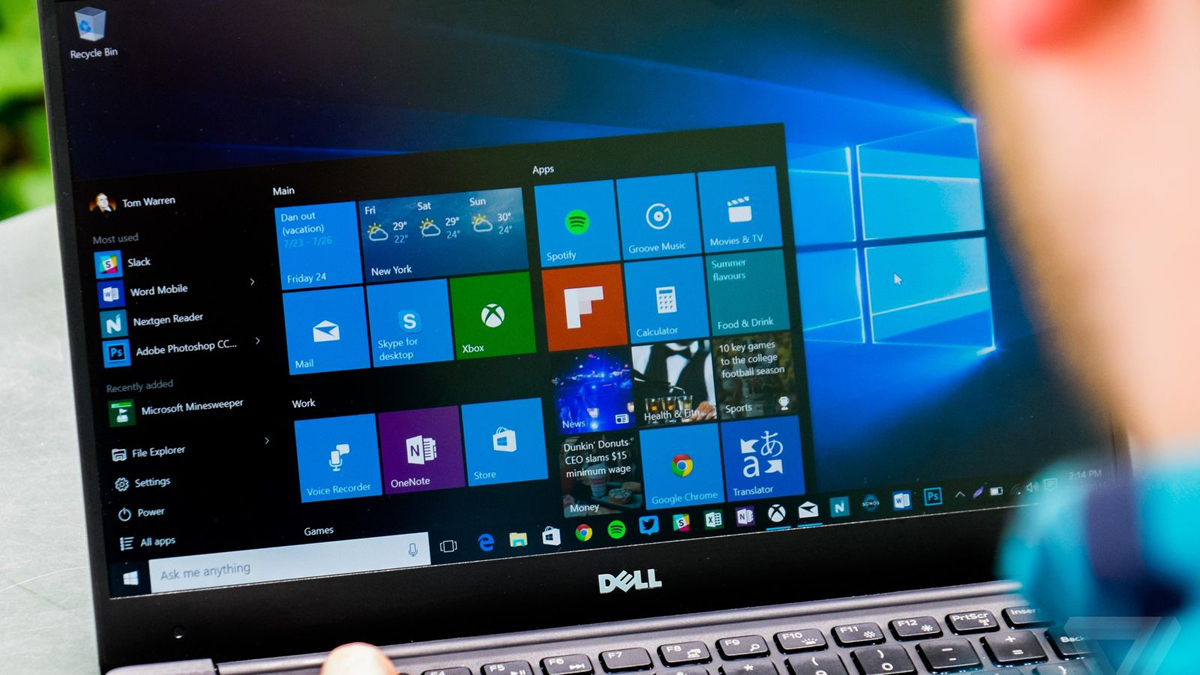“Windows updates are huge”, that’s what people with slow internet say most of the time. This will finally be changing with Unified Update Platform (UUP). Bill Karagounis, one of the Windows program manager explains, “One of the biggest community and customer benefits of UUP is the reduction you’ll see in download size on PCs…We have converged technologies in our build and publishing systems to enable differential downloads for all devices built on the Mobile and PC OS”, in a blog post on UUP.
What differential downloads does is check if any updates are necessary for the specific devices, for example, a Surface Book, and it downloads only those updates that are required. The processing is done by the UUP service which leads to faster checks. The service is an underlying platform to the Windows operating system and it will come as a behind the scenes update and nothing will majorly change or behave differently.
UUP will also be changing the way Windows mobile devices are updated. Sometimes mobile devices are updated in two steps to get a latest update : first to create a fallback and then update to the latest build but with UUP there’s no need of the two step process. There will be a canonical build which will act as a fallback build allowing the device to update in just one step.
The most important thing to know from this is that the future updates will be around 35% smaller. This will be a huge thing for people who use slow internet connections or use limited data connections with very quickly approaching data caps.
Unified Update Platform will help Microsoft push updates seamlessly and more frequently. UUP will start working from March 2017 with the release of Windows 10 Creators Update. This is a very fresh approach from Microsoft’s side, if we take a look back, the company was very different; it has changed a lot under Satya Nadella’s watch. For good.


